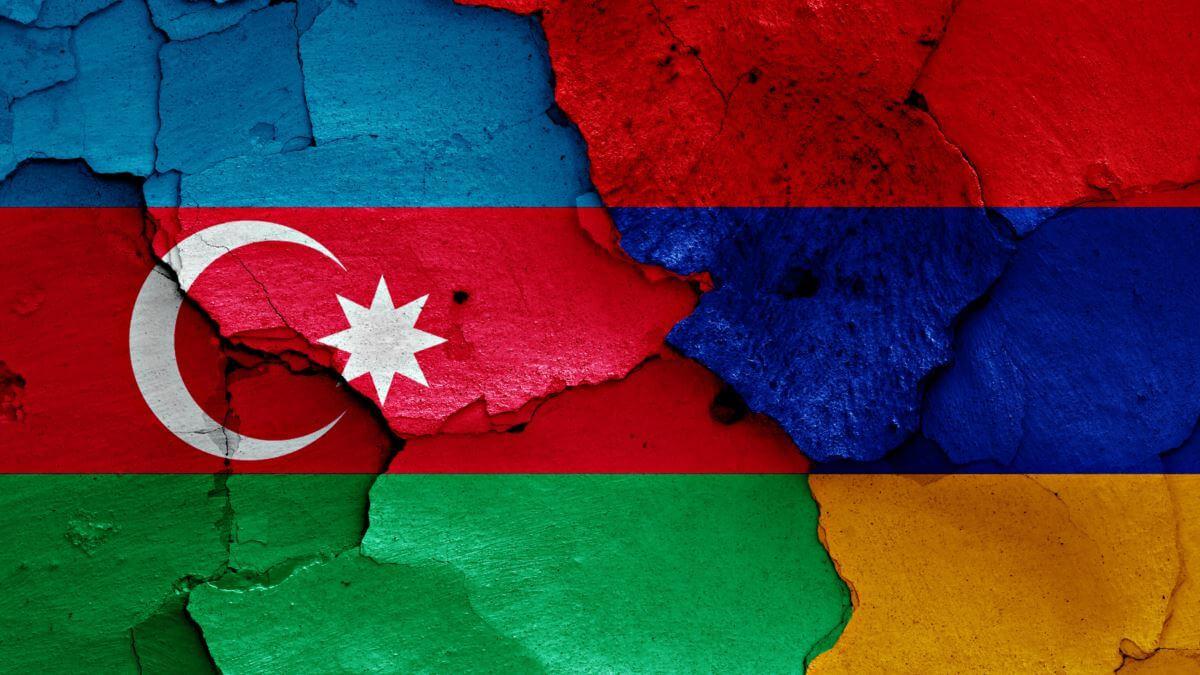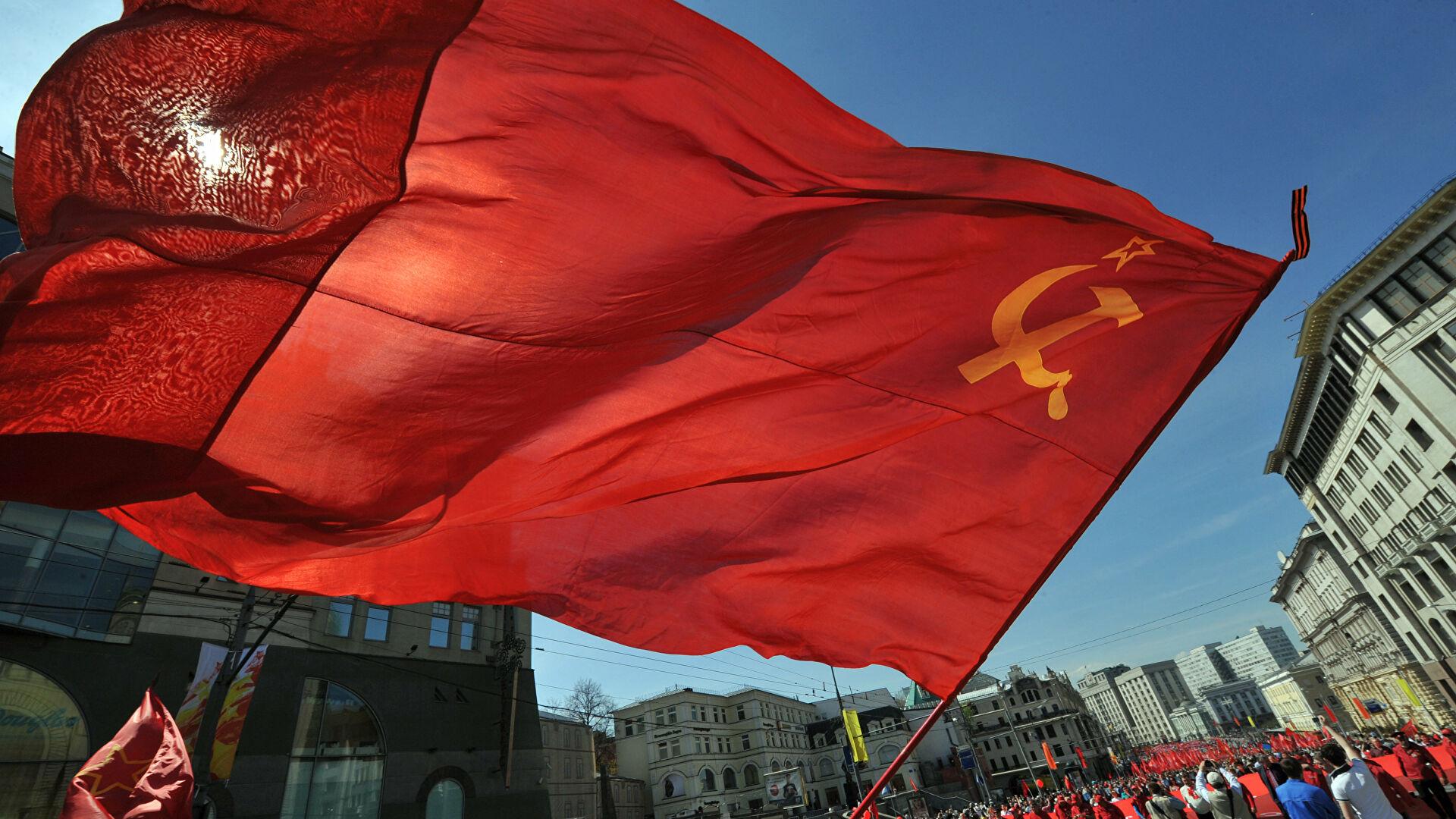"Leaving a peacekeeping contingent in Karabakh for a long time is not a great joy for Russia" Vladimir Kireev for Caliber.Az
Caliber.Az presents an interview with the head of the Analytical Department of the International Eurasian Movement, Russian political analyst Vladimir Kireev.
- Before we start discussing Armenian-Azerbaijani relations, I would like to know your opinion about the recent decision of the Armenian leadership on the service of its contract servicemen in the Karabakh region of Azerbaijan. What does the Armenian side want with this kind of provocation?
- In my opinion, this decision was made in the background of the suppressed state of the Armenian society after the defeat in the 44-day war. At the same time, Armenia doesn't risk sending young guys there for fear of getting killed, and the contract soldiers are better prepared and understand what they are risking. This is the first point.
On the other hand, Armenian society is now in disarray, because while most of the citizens of the republic are aware of the need to normalize relations with Azerbaijan, there are some groups of people who want revenge and the continuation of the war. In general, in Armenia, as in Azerbaijan, there is a sufficiently high level of patriotism and nationally-oriented thinking aimed at protecting the interests of the motherland. Simply put, Armenia was not prepared for the loss of territories.
- Let me correct you: Armenians were not ready for the return of the occupied territories, the very territories that Russia has always presented as an integral part of Azerbaijan.
- Yes, Russia has always insisted that Armenia should return the seven districts around Karabakh to Azerbaijan. In the 2020 war, Armenia de facto lost these territories with Russia's benevolent neutrality. Moscow did not pressure the Azerbaijani side because defending these territories is not part of the treaty that implies mutual support for Russia and Armenia. This is first of all.
Secondly, Russia does not recognize Armenia's sovereignty over the seven regions of the Karabakh region. That is, in this very issue, by and large, the neutrality of the Russian side was positive for Azerbaijan. However, it seems to me, even with a high level of patriotism at the moment, most of the Armenian population sees their future in building good-neighborly relations with Azerbaijan and Türkiye.
This is the main line of Armenian society. What has happened over the past 30 years, if not degraded it, but made it lose the opportunities for development. The country was in isolation - political and economic, and the transport corridors that provided a way out of the crisis situation were closed. Therefore, at this stage, the views and sentiments that confirm the importance of regional cooperation with neighboring countries in the region are more prevalent in Armenia. It is appropriate to note that Armenia's external partners, in particular France and the United States, while exerting pressure on Türkiye, are using the Armenian factor as an element of this policy. But judge for yourself: the US has the biggest Embassy in Armenia, which cannot be peculiar to such a small South Caucasus country. This fact already implies that some intelligence activities are carried out on its territory, including against Türkiye and Azerbaijan. At the same time, it is clear that neither France nor the USA will support Armenia if it provokes a conflict in the region. Neither will Russia, which is interested in peace and stability near its borders and in the region. Therefore, at this stage, the probability that Armenia would resort to a large-scale provocation to open a second front is extremely low. It does not have any resources for this purpose, and besides, as I have already mentioned, the majority of society does not want a new war and supports regional cooperation with Azerbaijan.

- So the prospect of signing a peace agreement between Armenia and Azerbaijan is real?
- I think it will be possible in a couple of years, but not now. And the process of demarcation and delimitation is likely to take years. The problem is that psychologically the Armenian society is not ready for this because of the lost country syndrome. We can see how hard the issue of opening the Zangazur corridor is moving because of the demands of the parties to each other. Armenia is not ready to solve the issue of unblocking the transport corridor to Nakhchivan. It seems to me that, first of all, the sides should try to reduce the general tension and reach a consensus at least on minor disputed issues. The main thing is to have a mutual desire of the parties to come to a common denominator.
- You correctly stressed this nuance. So far, only Baku has a desire to build a normal dialogue.
- Historically Armenians were not even in Armenia itself, they lived in Cilicia in the Ottoman Empire. In the processes which took place during the collapse of the empire, a number of Caucasian nations moved to the Muslim Ottoman Empire, and the Christian nations moved to Russia. At that time, the Armenians wanted to stay in Russia.
- But they ended up staying in Türkiye as well. Armenians are so firmly entrenched there to this day that they even managed to squeeze into the national parliament. However, this fact does not prevent the growth of negative sentiments in Yerevan related to the possible normalization of relations with Ankara.
- Nevertheless, I still allow for the normalization of Armenian-Azerbaijani relations in the near future. Türkiye, after the resolution of the Karabakh problem, may seriously consider the issue of integration with Armenia. Turkish resorts are full of Armenians. Armenians go there to rest, and Turkish business is not at all against the acquisition of Armenian assets.
- How long do you expect the Russian peacekeeping contingent to stay in Karabakh?
- I think that leaving a peacekeeping contingent in Karabakh for a long time is not a great joy for Russia. As soon as a stable situation of reconciliation between Armenians and Azerbaijanis is achieved, it will withdraw its military contingent from the region.
- How do you assess Russian-Azerbaijani and Russian-Armenian ties at the moment?
- Armenia is an official ally of Russia, and Moscow has never renounced its allied obligations. But Russia would also like to see Azerbaijan as a participant in its integration projects. Russia officially states that it would like to see Azerbaijan as part of its closest allies. Moscow equally views Azerbaijan as a long-term partner and is interested in strengthening bilateral relations.
- Let me remind you that Baku and Moscow already have a Declaration on Allied Interaction. Are the two states to become even closer? So Russia invites Azerbaijan to the Eurasian Economic Union and the CSTO?
-Yes. Russia is interested in expanding its integration projects, involving not only the countries of the former Soviet Union, but also counts on partnerships with countries such as Indonesia, Egypt, Brazil, and Argentina. Russia seeks new and greater horizons and the creation of a large Eurasian market.

- Doesn't Russia seek to create the USSR-2.0?
- Russia is not interested in reviving the Soviet Union. It seeks to create new markets, develop the economies of countries participating in large-scale Eurasian projects and preserve global security.
- Do you consider the realization of such a plan realistic?
- This process is already underway. And it is important for us that the former republics of the Soviet Union do not pose a threat to Russia's security and do not place on their territories military bases of hostile states such as the USA, Great Britain, and the NATO bloc.








